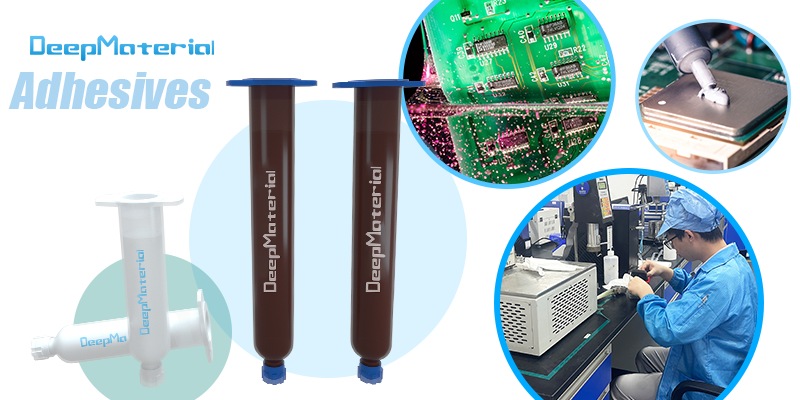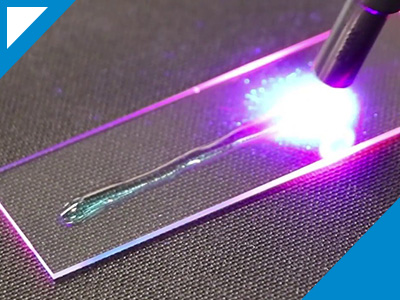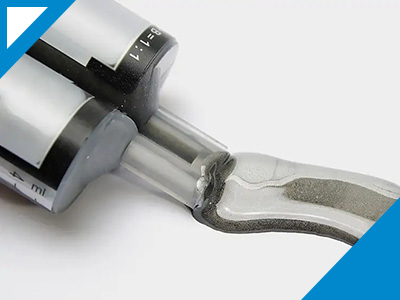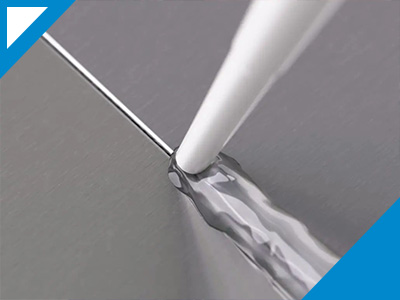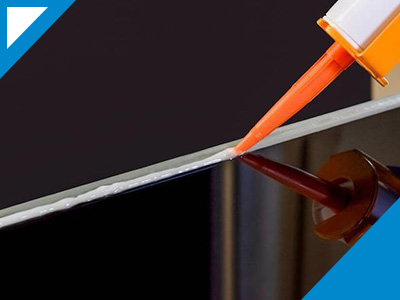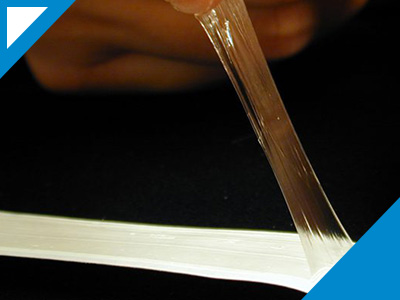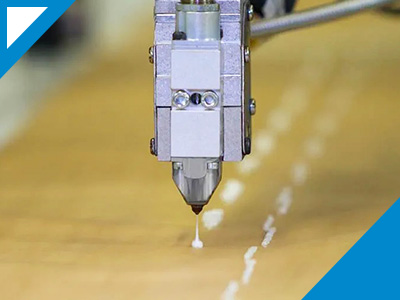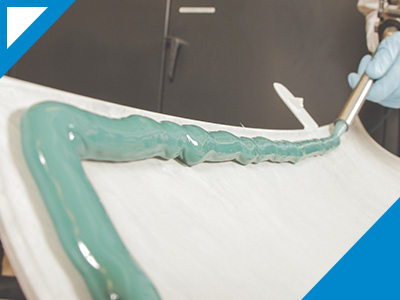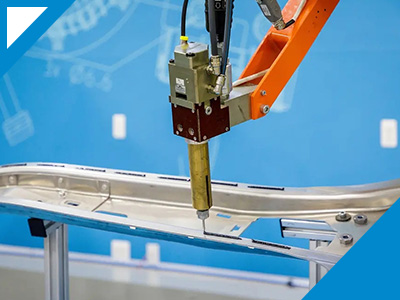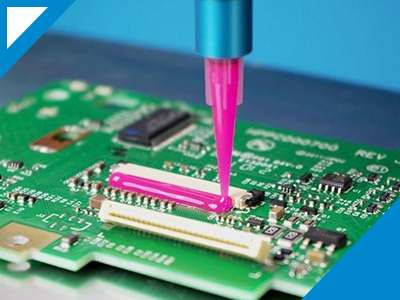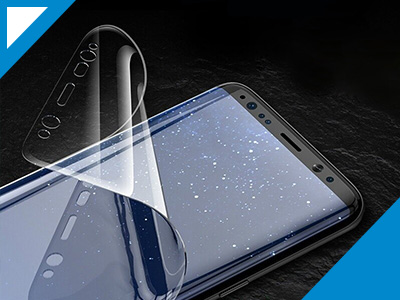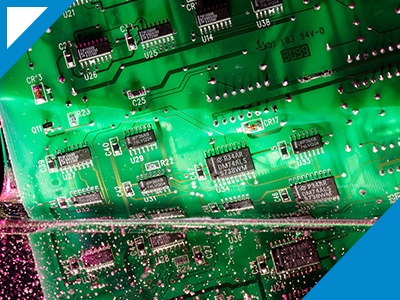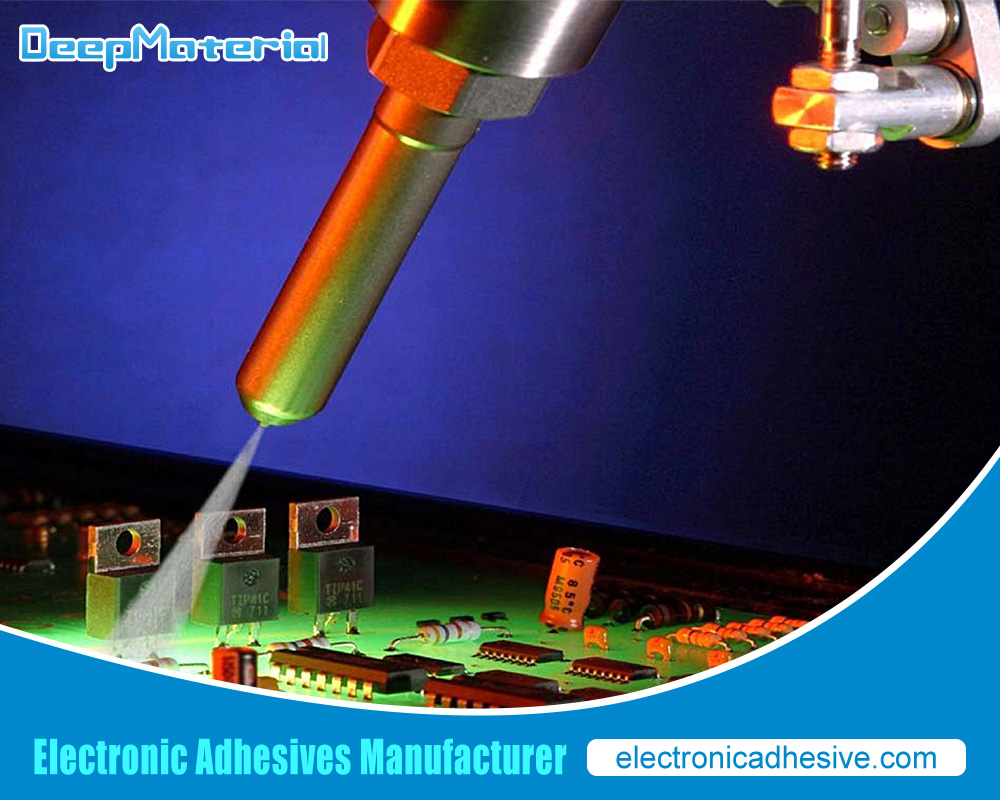Metal Fabrication Adhesive

Deepmaterial’s one and two component epoxies and urethane modified epoxy hybrids frequently have replaced mechanical fastening, welding in metal fabrication assembly applications. These formulations have been specified by original equipment manufacturers (OEM’s) contractors, value-added resellers to meet exact dimensions for heavy equipment, machinery, structures, hand tools employing raw metal materials and are performed by fabrication shops. Low and high volume production runs are completed with popular metal types such as aluminum, iron, magnesium, titanium, brass, copper and different grades of steel. As these firms diversify to adjust to cyclical economic conditions and a demanding customer base such as the energy, auto, aerospace industry use of adhesives offer many benefits. Among the most prominent are increased strength, durability, fatigue resistance, enhanced production speed and lower manufacturing costs. They also offer exceptional adhesion between similar/dissimilar substrates, prevent corrosion, withstand exposure to chemicals, diminish the weight of the final product and are aesthetically pleasing. Flexible compositions absorb stress caused by flexing, vibration, impact and temperature fluctuations.
These structural bonding materials join all shapes, thicknesses, require less skilled labor than mechanical fastening, welding, have excellent dimensional stability and can be dispensed with automatic equipment or manually. They can be applied to parts that are inaccessible to mechanical fastening, welding, provide even stress distribution over the entire bonding area, eliminate protrusion, punctures and improve load bearing capacity. In comparison fasteners, spot welding can create concentration points. Eradicating screw holes, rivets, etc. has enabled utilization of lighter, thinner materials removing apprehension over distortion, splitting, rust, altering designs, discoloration. Additionally with adhesives little post-process cleanup is needed.
Adhesives have proven a viable joining option to mechanical fastening, welding when the surfaces being mated are properly prepared and the most appropriate compound is selected to endure the particular environmental conditions during operation. Special considerations need to be evaluated to address safety concerns, structural integrity of the bonds, possible degradation, longevity questions, quality control and processing requirements such as viscosity, depth of cure, hardness, cure speeds. Custom products are often deployed to satisfy the special needs of each project. Deepmaterial is constantly compounding new innovative, easy to use systems helping metal fabricators to augment efficiency and bringing novel opportunities to boost business with adhesive bonding.
There are many options when it comes to joining metals: welding, fasteners and structural adhesives. Over and over again, metal fabricators are finding the advantages of using Deepmaterial as a metal adhesive. Deepmaterial is fast and easy to apply, reducing the total cost of assembly. No holes required reducing the potential for leaks & corrosion, especially when compared to a riveted assembly. Unlock new design potential by using Deepmaterial to join mixed metals with no galvanic corrosion, or join metal to plastic or composite. Welding thin to thicker metals together can be challenging and lead to warping or burn through. Using Deepmaterial adhesives as a metal to metal adhesive eliminates the issue and may lead to an opportunity to downgauge sheet metal.

Features:
*High strength and toughness
*Primerless adhesion to raw and coated metals
*Fast and easy to apply
Benefits:
*Join thin to thick gauge with no warping
*Reduce leak potential
*Reduce total cost of assembly
*Join mixed metals without galvanic corrosion
*Join metal to other materials
Adhesives for metal fabrication are perfect for a variety of applications and engineering improvements. Achieve full bond strengths with lighter weight metals by replacing welding and rivets with these high strength adhesives.
Bonding sealants for escalator, lift doors, wall cladding, panel lamination, truck and lorry.
The metal industry has diverse application requirements ranging from assembling escalator, fire and lift doors, wall claddings, panel laminations, truck and lorry canopy frame. All these assemblies will require to use a variety of structural adhesives and sealants that will supersede the conventional rivets, tack weld and bolts & nuts. With Deepmaterial adhesives and sealants, the bonding stress will be equally distributed and will not cause any corrosion resulting from the application. These range of adhesives and sealants are preferred by metal fabricators due to its versatility and excellent bonding strength.
Deepmaterial carries a wide range of products for metal fabrication. Our experts are also happy to talk with you to see where you can optimize your process with these products.


